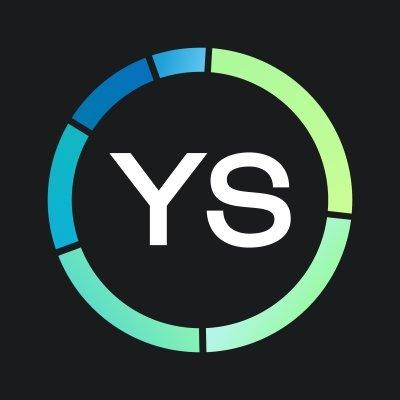Invest in fractionalized rental properties
Invest in private market alternatives
Moderate Risk
3/5
Investing with Lofty carries typical real estate investment risks, including market volatility, economic changes, and property management challenges. Additionally, the use of cryptocurrency and tokenization presents legal and regulatory uncertainties.
Moderate Risk
3/5
Yieldstreet investments, focused on high-yield, specialty lending, carry inherent risks higher than traditional investments, primarily due to the potential for borrower default.
Moderate Liquidity
2/5
Lofty provides liquidity by allowing investors to list their property tokens for sale on the marketplace at any time, with a 2.5% transaction fee. Orders are held in escrow and have a 30-day expiration.
Minimum Liquidity
1/5
Yieldstreet's investments are generally less liquid, meaning they cannot be quickly sold for cash. These private market alternatives often require longer holding periods.
Receive new reviews from Fintorial
Low Return
5 %
Lofty offers a 5% cash on cash return, with token values updating monthly based on HouseCanary's Automated Valuation Model (AVM).
Moderate Return
9.6 %
The expected net annualized return (IRR) for investors on Yieldstreet is 9.6%.
Short-term Investment
1 year
Investment time horizon on Lofty is not fixed and is determined by property owners' collective decision on when to sell through the governance system.
Short-term Investment
6+ months
Yieldstreet's investments span time horizons from as brief as 6 months to as long as 5 years.
Who can invest
International
Investors from the US and abroad can invest with Lofty, excluding those from OFAC-sanctioned countries.
Who can invest
United States
Yieldstreet is open to U.S. persons with a valid TIN, U.S. bank account, and U.S. mailing address. Non-accredited investors can access the Alternative Income Fund, while single asset investments require accredited investor status verification.
Moderate Volatility
3/5
The value of assets on Lofty's platform can be volatile, influenced by economic trends, interest rates, and real estate market conditions, potentially leading to variable financial outcomes for investors.
Moderate Volatility
3/5
Assets on Yieldstreet, being alternative investments, often show different volatility compared to traditional markets, potentially offering less correlation with broad market swings.
Regulation and audits
Audited
Lofty's marketplace transactions are executed using a smart contract on the Algorand blockchain, which has been audited by CertiK for security.
Regulation and audits
SEC Regulated
Yieldstreet is regulated and undergoes regular audits for compliance. Its partnership with Synapse Brokerage LLC, an SEC-registered broker-dealer and FINRA and SIPC member, ensures adherence to strict financial regulations.
Insurance
No
Lofty's specific insurance details are not provided, but properties on investment platforms are usually insured against physical damage.
Insurance
Yes
Funds in the Yieldstreet Wallet are insured up to $250,000 by the FDIC, with deposits between $250,001 and $1 million spread across multiple FDIC-insured banks for extended coverage.
Payouts
Rental Income
Lofty provides daily rental income to investors, which can be withdrawn at any time through various methods including ACH, PayPal, and cryptocurrency options.
Payouts
Dividends
Yieldstreet offers varied dividend or interest payment structures: fixed income investments provide monthly payments at a target yield, diversified portfolios offer quarterly target yields, and art investments yield returns upon sale, all subject to specific terms and potential annualized net returns.
Withdrawals
Investors on Lofty can sell tokens anytime on the marketplace and withdraw proceeds using methods like bank transfer, PayPal, or cryptocurrency.
Withdrawals
Investors on Yieldstreet receive distributions directly into their Yieldstreet Wallet and can withdraw these funds to their bank account as desired.
Extra Fees
Yes
Yieldstreet's fees include a range from 0% to 2.5% annual management fees, structured notes incur a 1.25% annual management fee plus a $150 annual fund expense, the Yieldstreet Alternative Income Fund charges a 1.0% annual management fee and up to a 0.5% annual administrative expense.
Taxes
Tax Form
Lofty provides US residents with pre-filled 1099 tax forms for income and capital gains reporting. Non-US residents may reduce withholding taxes with forms W-8BEN or W-8BEN-E if they have a US SSN or ITIN.
Taxes
Tax Form
Yieldstreet issues either a K-1 or 1099 form for tax purposes, based on the legal structure of the investment, with details provided on the offering page and in downloadable documents when new offerings are launched.

